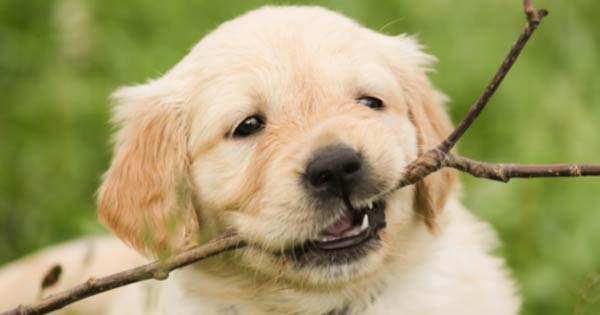 Our beloved furry friends are adventurous and playful and always looking to make our lives better. That said, they often get into activities that might hurt them, especially when they are young or in a new place. Hopefully, you have never experienced a pet emergency, but being prepared is essential to avoid them going forward. These poison prevention tips will help to keep your beloved pets safe.
Our beloved furry friends are adventurous and playful and always looking to make our lives better. That said, they often get into activities that might hurt them, especially when they are young or in a new place. Hopefully, you have never experienced a pet emergency, but being prepared is essential to avoid them going forward. These poison prevention tips will help to keep your beloved pets safe.
1. Food
Certain foods like raisins, grapes, bread dough, chocolate, onions, xylitol, and fatty table scraps are toxic foods for pets. Therefore, it is essential to store these foods in a secure compartment out of your pet’s reach. Ensure that chairs are pushed in and food scraps are securely disposed of as soon as possible. If your pet is particularly determined, you may want to consider removing them from the room during dinner or getting a pet gate for the kitchen.
2. Plants and Flowers
Particular plants and flowers often found around the yard can be harmful and toxic to pets as well. These include cyclamen and lilies. Also avoid poisonous plants like poinsettias and holly. If you do choose to have these plants indoors, keep them out of reach from your pets. If you have just moved into a new place, consider taking a walk around the property to check for any potentially harmful plants before allowing your pets to roam.
3. Medications
Some over-the-counter drugs can be toxic to pets. Ibuprofen and Tylenol (Acetaminophen) are common medications you might find in your home that could harm your pets when ingested. For that reason, keep all pet and human medications separate and label them accordingly to avoid giving your pets the wrong medication. Always store both pet and human medications up high where pets cannot access them. Consider keeping your medication in a bathroom cabinet, and your pet’s in a secure place within the kitchen.
4. Liquid Potpourri and Essential Oils
Household essential oils can harm your pets if ingested. Additionally, some essential oils have a distinct aroma that can be irritating and harmful to pets. Consult a veterinarian before you use any household essential oils and if you have them, dispose of them appropriately. Diffusers should also be kept out of your pet’s reach, even if using safe oils in them since ingesting the oil-water is not healthy for your pet.
5. Cleaning Supplies
Some cleaning materials can be harmful and irritating to pets’ mouths and noses and might be dangerous if ingested. Always ventilate all rooms in your home as you clean. During the cleaning process, it’s best to keep your pets outdoors. Keep them outside until surfaces are dry, this will minimize any contact they have with the products. Plus, ensure you keep all chemicals and cleaning supplies in a secure compartment. Remember that pets are curious and can ingest anything by accident. Often pets get cleaning products on their paws and lick them off later, which can cause vomiting or diarrhea.
Suggestions to Prevent Accidental Poisoning
Below are practical suggestions for pet owners on keeping their pets safe from poison ingestion.
- Crate training – Pet experts recommend pet training to keep your playful kitten or puppy safe from harm, especially when you are away from home. For example, while out grocery shopping or running errands.
- Pet-proofing – Consider pet-proofing your home to limit avoidable pet emergencies. If you ensure your pet can’t easily access your cabinets or trash, then it’s easier to avoid emergencies.
- Safe visitors – Sometimes visitors can present dangers to your pet, so advise all visitors on what is okay to feed your pet. Plus, ensure your visitors don’t have any medications nearby where your pets can reach them. This includes bags or jackets if your pet is particularly curious.
- Emergency Procedure – Should your pet ingest anything toxic, it’s essential to call your veterinarian immediately. Be sure to have all the appropriate contact information on your phone as every minute counts when you need to save your pet in an emergency.
Besides keeping a watchful eye on your pets and full-proofing your home, learn the most common symptoms of pet poisoning. These include diarrhea, drooling, vomiting, seizures, excessive thirst, and a racing heartbeat.
Be Prepared
Invest in an emergency pet safety kit. An emergency kit will come in handy for any pet emergencies and help with first aid before visiting the animal hospital.
Naples Coastal Animal Hospital can provide your pet with emergency care, should the need arise. Either contact us immediately or bring your pet into our urgent care facility during business hours for diagnosis and treatment.
